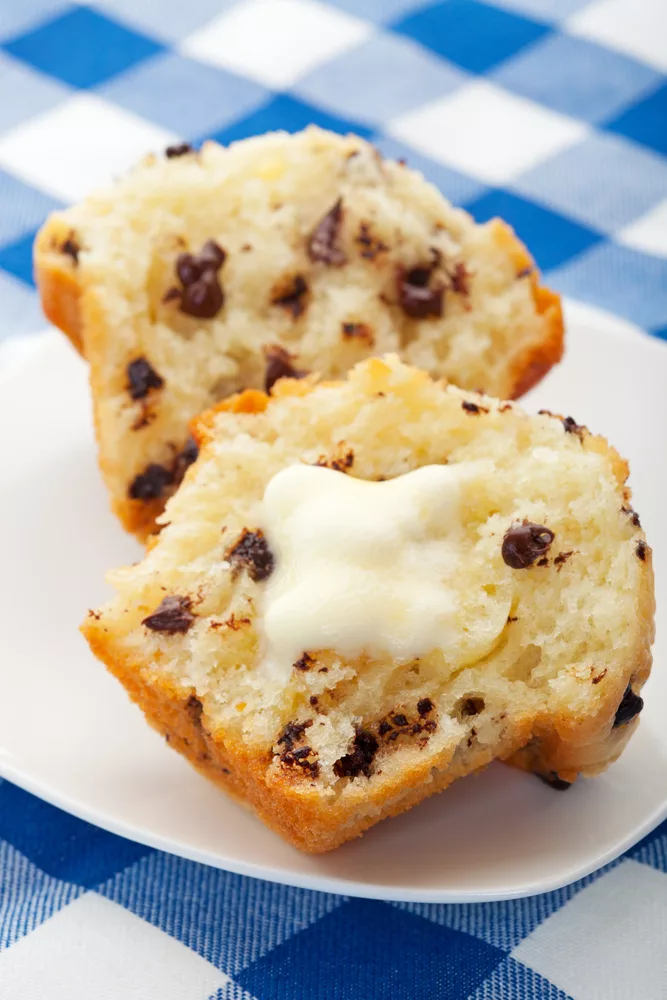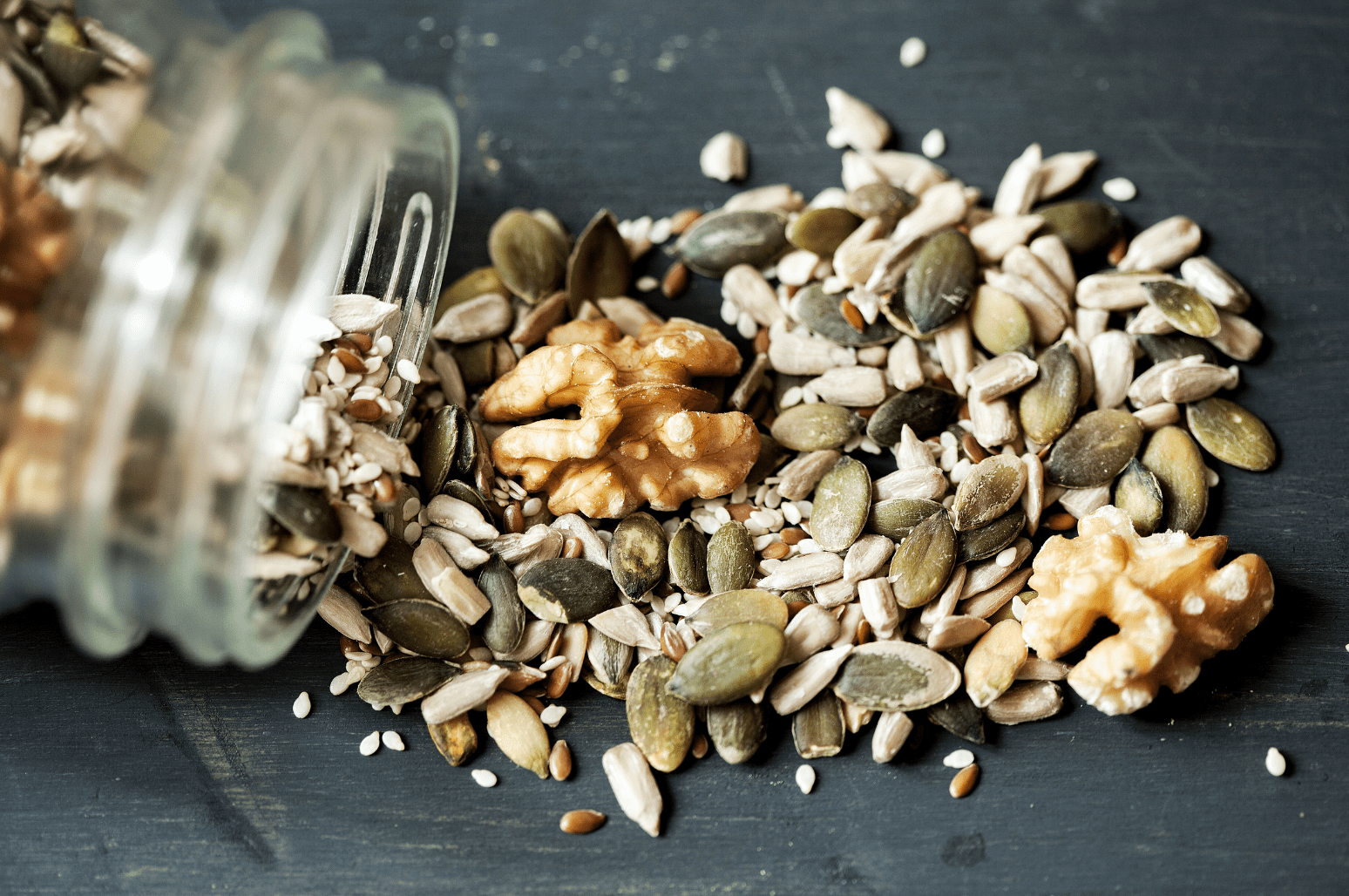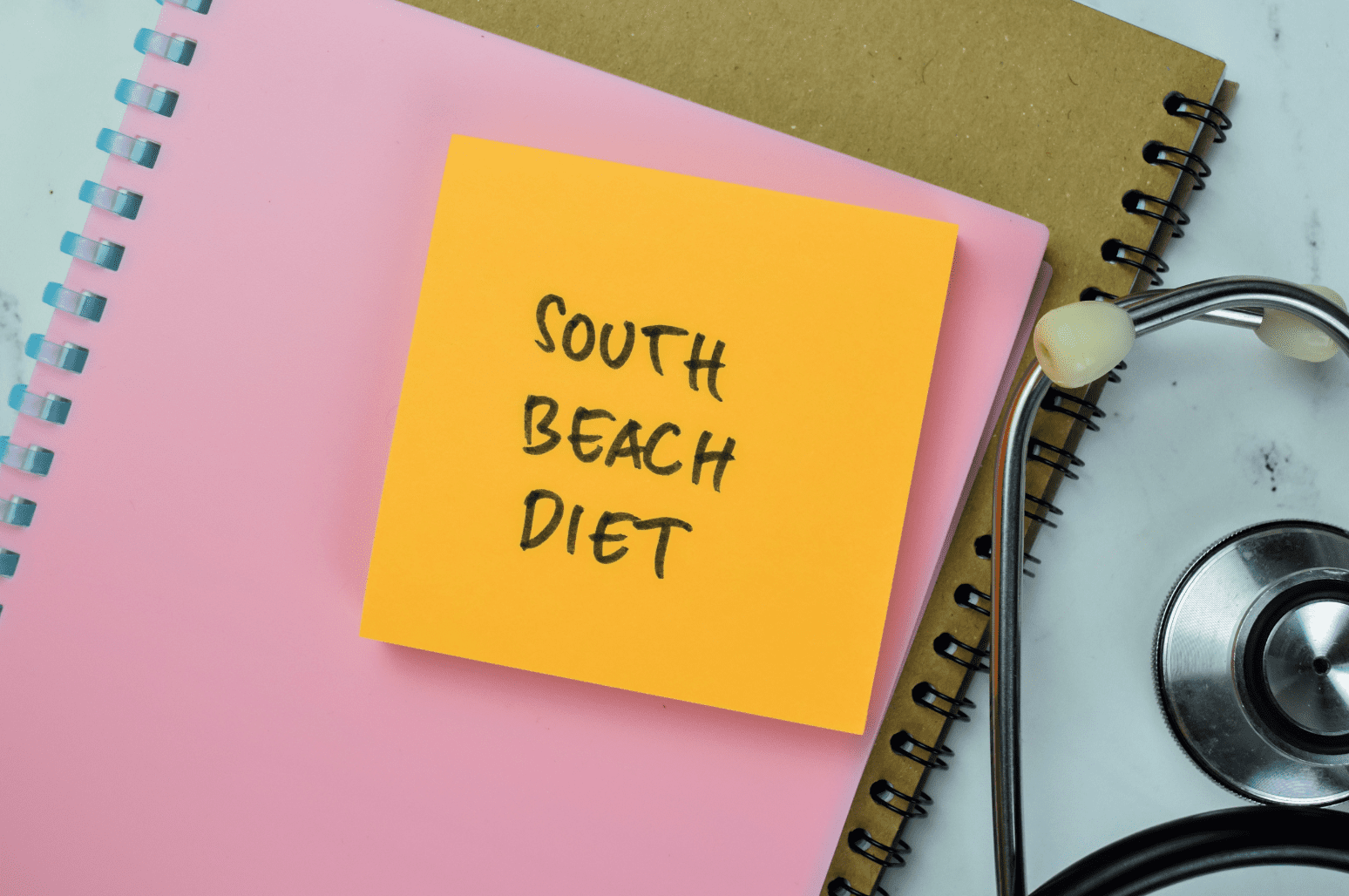
Have you stumbled across a recipe for bulletproof coffee, a caffeinated beverage that is supposed to be great for keto dieters? One of the primary ingredients in these recipes is butter. It could be the perfect way to supplement your diet with healthy fats quickly and easily. But before you start adding tablespoons of butter to all of your meals and snacks, here is what you need to know about how it impacts ketosis.
Is Butter Keto?
Before we can dive into whether butter is the healthiest addition to your keto diet, let’s look at the basics of butter. According to the United States Department of Agriculture, a 100-gram serving of butter contains very low carbs (just 0.58 grams). [1] As a result, it is safe to say that yes, butter is keto-friendly.
You probably already know that butter is high in fat. The actual amount of fat in butter varies based on the type of butter in question (“fancy” butters such as Irish butter and French butter usually have a higher percentage of fat), but the USDA FoodData site declares the fat content in a 100-gram serving to be 80 grams or more. This makes it a great low-carb food to add to your keto diet if you want a hit of healthy fats.
The health benefits of butter are similar whether you use salted or unsalted stick butter. Keep in mind that butter is significantly different from margarine, which is not keto-friendly.

Health Benefits of Butter
While butter can certainly be added to a keto diet for a quick hit of healthy fats, you need to know whether it’s truly good for you. Fortunately, there are some serious benefits to adding butter to your diet beyond helping you meet your fat macros for the day.
Over the years, butter–and saturated fat in general–has been blamed for contributing to heart disease and other serious health conditions like stroke. New research is showing that these associations may be exaggerated with very minimal research pointing to a connection between butter and these types of health conditions. [2]
In reality, butter contains high levels of a nutritional component known as butyrate, which is a type of fat. Preliminary studies on butyrate demonstrate that it plays a key role in promoting brain health. [3]
This is good news if you want to stick to the keto diet for improved mental clarity and decreased brain fog, both excellent benefits that accompany ketosis.
What Kind of Butter to Use
While both salted and unsalted butter have similar health benefits, you may want to think about where your butter actually comes from. In other words, the diet of the cow that produced the butter impacts the nutritional quality of the food.
In most cases, you will want to stick with butter that was produced from grass-fed cows. Grass-fed cows produce butters with more free fatty acids compared to the kinds of butter produced by conventionally-raised cows. If you want to make the most impact on your health, stick with grass-fed cows. [4]
Organic butter is a close second to grass-fed butter when grass-fed butter is not available. It still trumps butter from conventionally raised cows, though the margins are not as great as they are for grass-fed butter.
How to Add More Butter to Your Diet

Butter can be added to your diet in many creative ways, but the simplest is through using it as it was designed: a spread. You can smear a thick layer of grass-fed butter on your keto muffins or on a piece of keto bread for toast. It is a flavorful addition that adds some moisture to foods that might otherwise be too dry to enjoy.
Much like other fats such as olive oil, you can cook meat, fish, and vegetables in butter. Try using it to fry eggs or sauté low-carb vegetables. If you would ordinarily cook something in olive oil or avocado oil, try substituting that oil for a tablespoon or two of butter. Or, if you’re steaming or poaching an ingredient, add butter to the finished product for flavor and fat.
It can even be used to make cuts of meat juicier and more flavorful. Rub butter on a roast, then place it in the slow cooker or the oven for a meal later on in the day. Butter coffee and bulletproof tea are also key ways that you can incorporate a healthy dose of fats into your morning meal. Combine it with MCT oil for an even greater nutritional impact.
Eating Butter on Keto
If you’re looking for a flavorful addition to your food that will set your mouth watering, butter is a keto-friendly way to add more fats to your diet. It’s good for brain health without damaging the heart and is easy to incorporate into a robust diet. As long as you are conscious about where your butter comes from, you will find that butter is a delicious way to add fats to your diet.
How will you add a healthy dose of butter into your keto diet today?
References
United States Department of Agriculture. (n.d.). Butter, stick, salted. FoodData Central. https://fdc.nal.usda.gov/fdc-app.html#/food-details/790508/nutrients
Pimpin, L., Wu, J. H., Haskelberg, H., Del Gobbo, L., & Mozaffarian, D. (2016). Is Butter Back? A Systematic Review and Meta-Analysis of Butter Consumption and Risk of Cardiovascular Disease, Diabetes, and Total Mortality. PloS one, 11(6), e0158118. https://doi.org/10.1371/journal.pone.0158118
Bourassa, M. W., Alim, I., Bultman, S. J., & Ratan, R. R. (2016). Butyrate, neuroepigenetics and the gut microbiome: Can a high fiber diet improve brain health?. Neuroscience letters, 625, 56–63. https://doi.org/10.1016/j.neulet.2016.02.009
Pustjens, A. M., Boerrigter-Eenling, R., Koot, A. H., Rozijn, M., & van Ruth, S. M. (2017). Characterization of Retail Conventional, Organic, and Grass Full-Fat Butters by Their Fat Contents, Free Fatty Acid Contents, and Triglyceride and Fatty Acid Profiling. Foods (Basel, Switzerland), 6(4), 26. https://doi.org/10.3390/foods6040026









